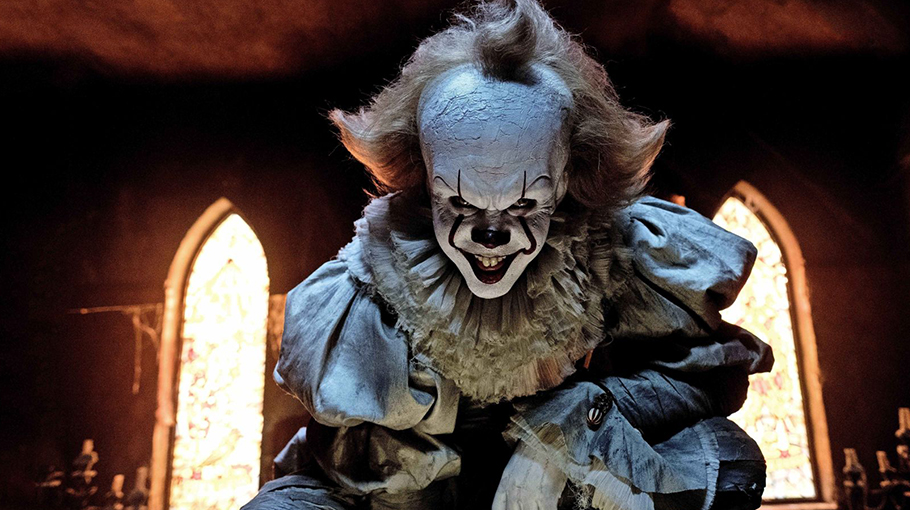How IT’s Pennywise affected the Black Phone explained by author
Collider
According to The Black Phone author Joe Hill, some aspects of the story had to be changed for the film adaptation due to IT's Pennywise. Hill's story was adapted by Scott Derrickson and C. Robert Cargill, the writing team behind Sinister and Doctor Strange, with Derrickson also serving as director. Stephen King is the reigning champion of having his work adapted; one of his magnum opuses, It, having been adapted twice successfully. First as a four-hour 1990 TV miniseries with an iconic Tim Curry performance as Pennywise, then in 2017 and 2019 with IT and IT Chapter Two. The Andy Muschietti-directed films together grossed over $1 billion worldwide and brought an equally chilling but distinct performance from Bill Skarsgard as Pennywise.
Both actors' versions of Pennywise, an ancient form of supernatural evil who mainly manifests as a circus clown, have captured audiences' imaginations and become horror icons. The Black Phone's source of terror, The Grabber, having only debuted this summer, has arrived on the scene to stake his own claim as a truly memorable force. Hill, who is King's son, first introduced the world to the villain when his thirty-page short story The Black Phone was published in 2007, although The Grabber's film incarnation played by Ethan Hawke differs greatly from how the character's written on the page. In the film, the villain is a part-time magician who kidnaps young boys in his creepy van, keeping them in his basement, testing how good or bad they are while terrorizing them with an ever-changing devil's mask.
While speaking exclusively with Screen Rant, Hill explains why the changes to The Grabber from page to screen were necessary. Ultimately, it came down to timing. With The Black Phone's script in the early stages around the same time as Muschietti's IT was freshly in the public's minds, Hill didn't want the comparison between his work and his father's to be drawn so sharply.
Clowns have been ubiquitous in the horror genre, thanks in large part to King and Pennywise. While evil performers of magic such as wizards and warlocks have certainly appeared in horror films or horror-adjacent movies such as the very Evil Dead-esque MCU sequel Doctor Strange and the Multiverse of Madness, creepy magicians are a surprising rarity. Especially magicians who don't have any actual magical capabilities. There's Herschell Gordon Lewis's Montag the Magnificent from his 1970 splatter flick The Wizard of Gore and its 2007 remake, but that's about it. One might be able to count the murderous hypnotist from the silent classic of German Expressionism, The Cabinet of Doctor Caligari as a magician, but even still, creepy magicians are a relatively untapped well in modern film and TV.
Hill's call was definitely the right one as audiences crave novelty, and if the adaptation had stayed as faithful to the source material as its first draft, audiences might not have flocked to The Black Phone out of scary clown fatigue. Plus, taking away that aspect paved the way for The Grabber's unsettling mask, which allowed Derrickson and Hawke room to visualize the character's morphing psychological state, as well as show the different levels of his "ritual." This gave him both a sense of novelty while not skimping on the creep factor. In a way, Pennywise's popularity helped The Black Phone gain its own popularity by forcing the filmmakers to take their own path with The Grabber.



